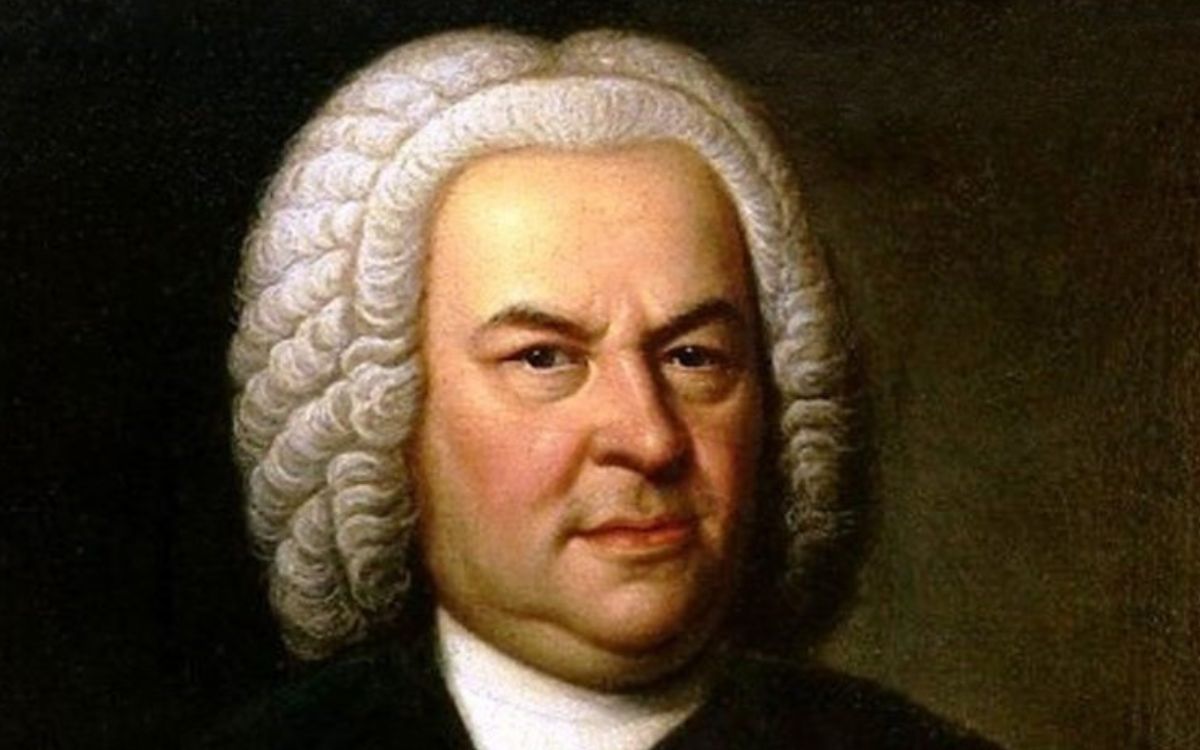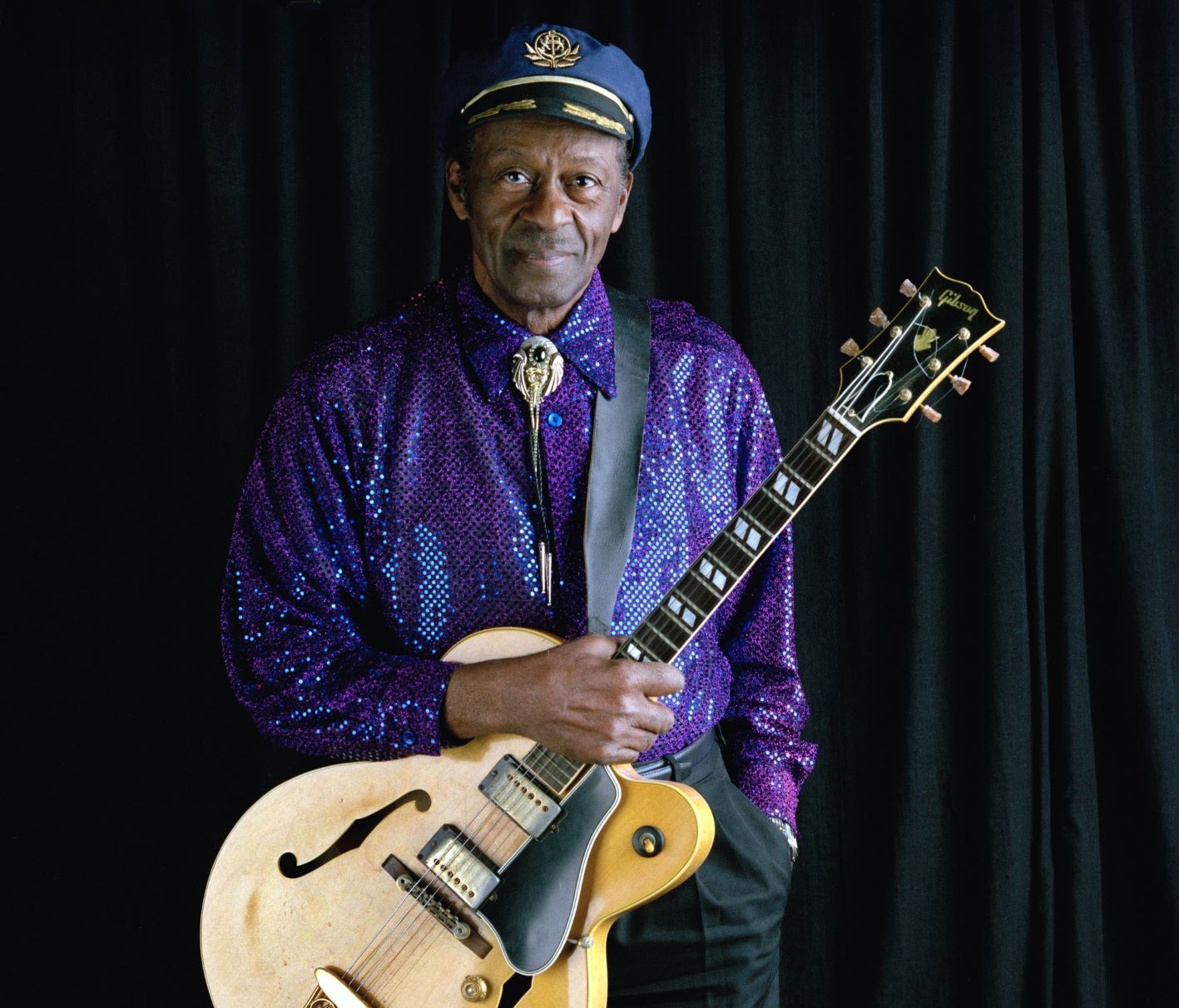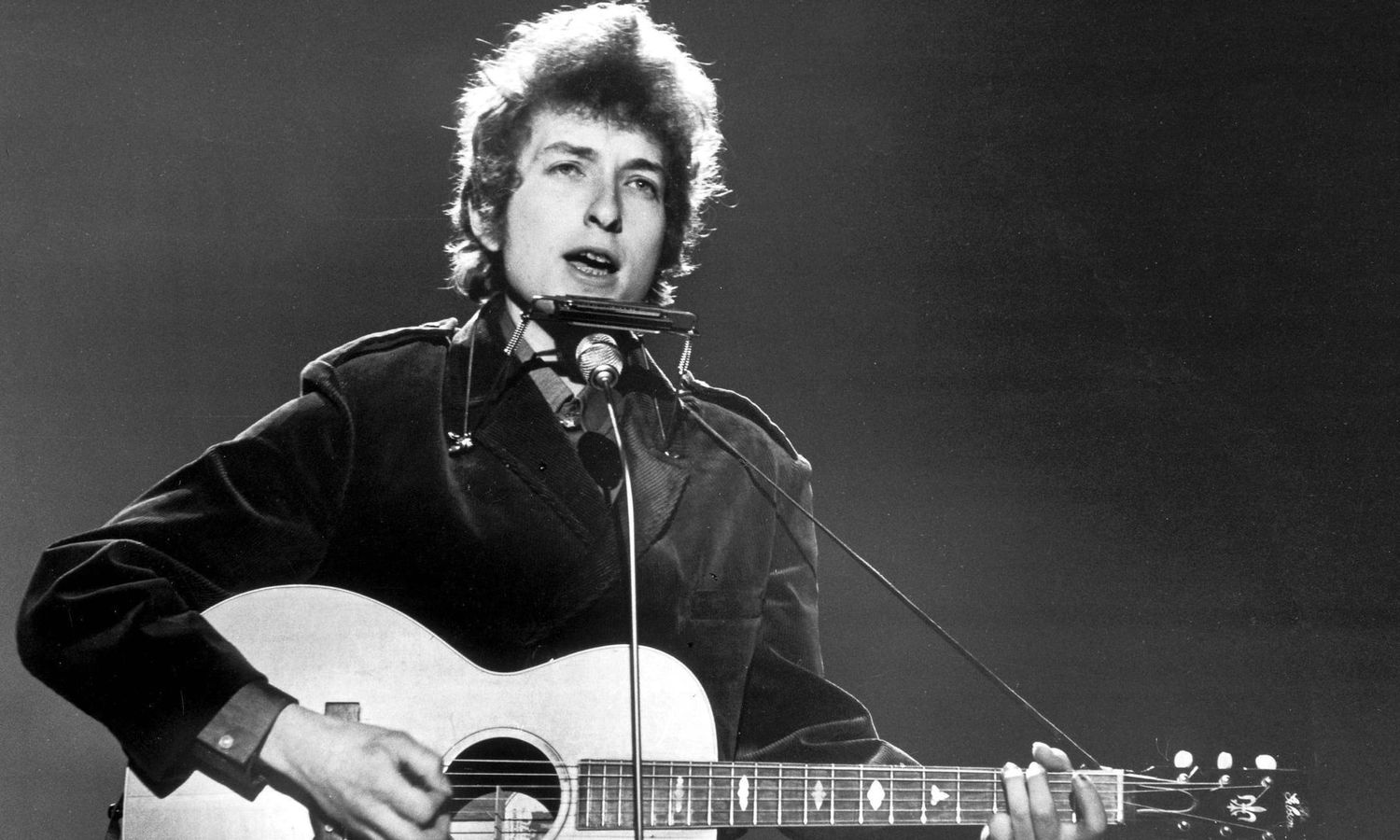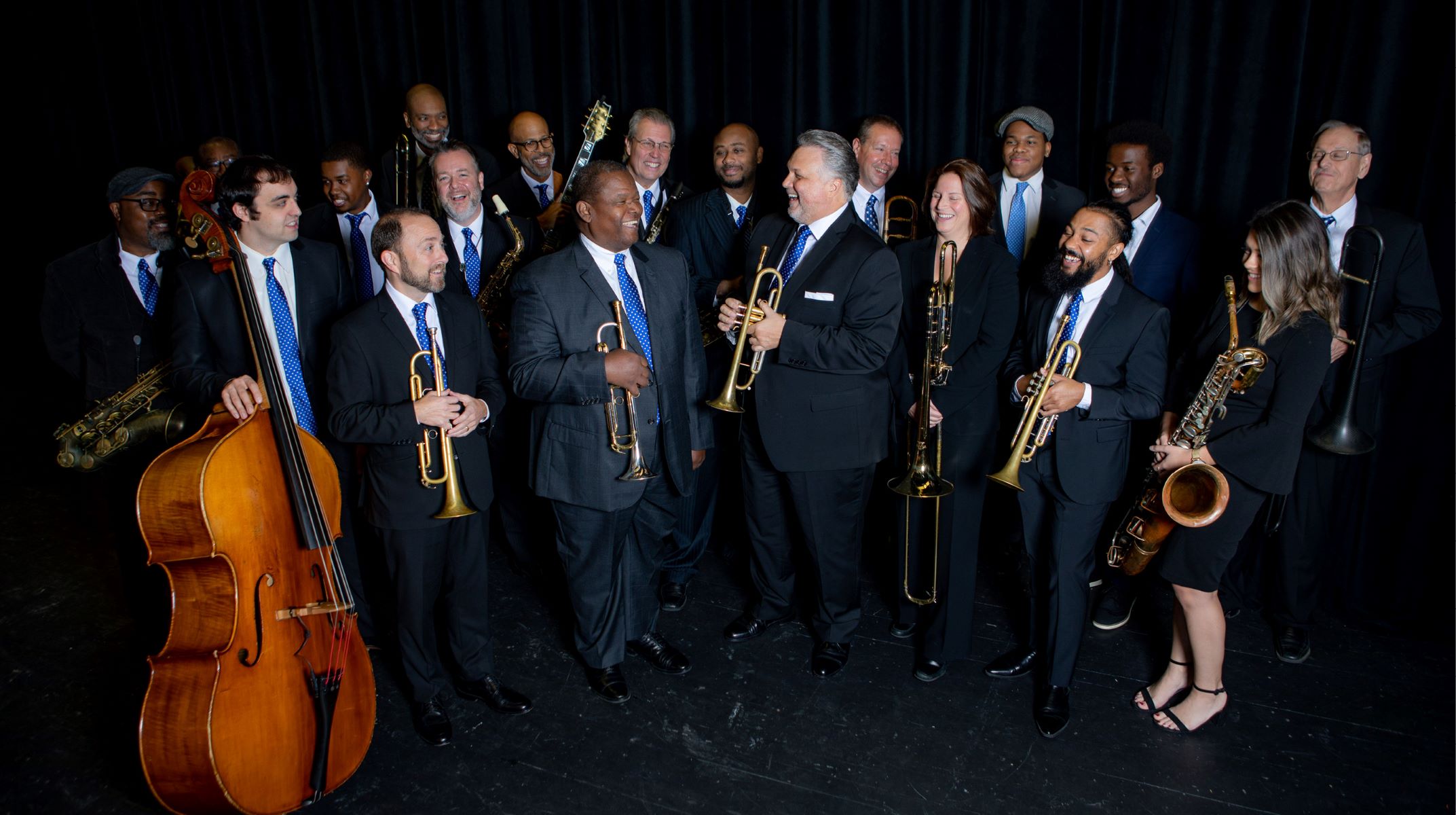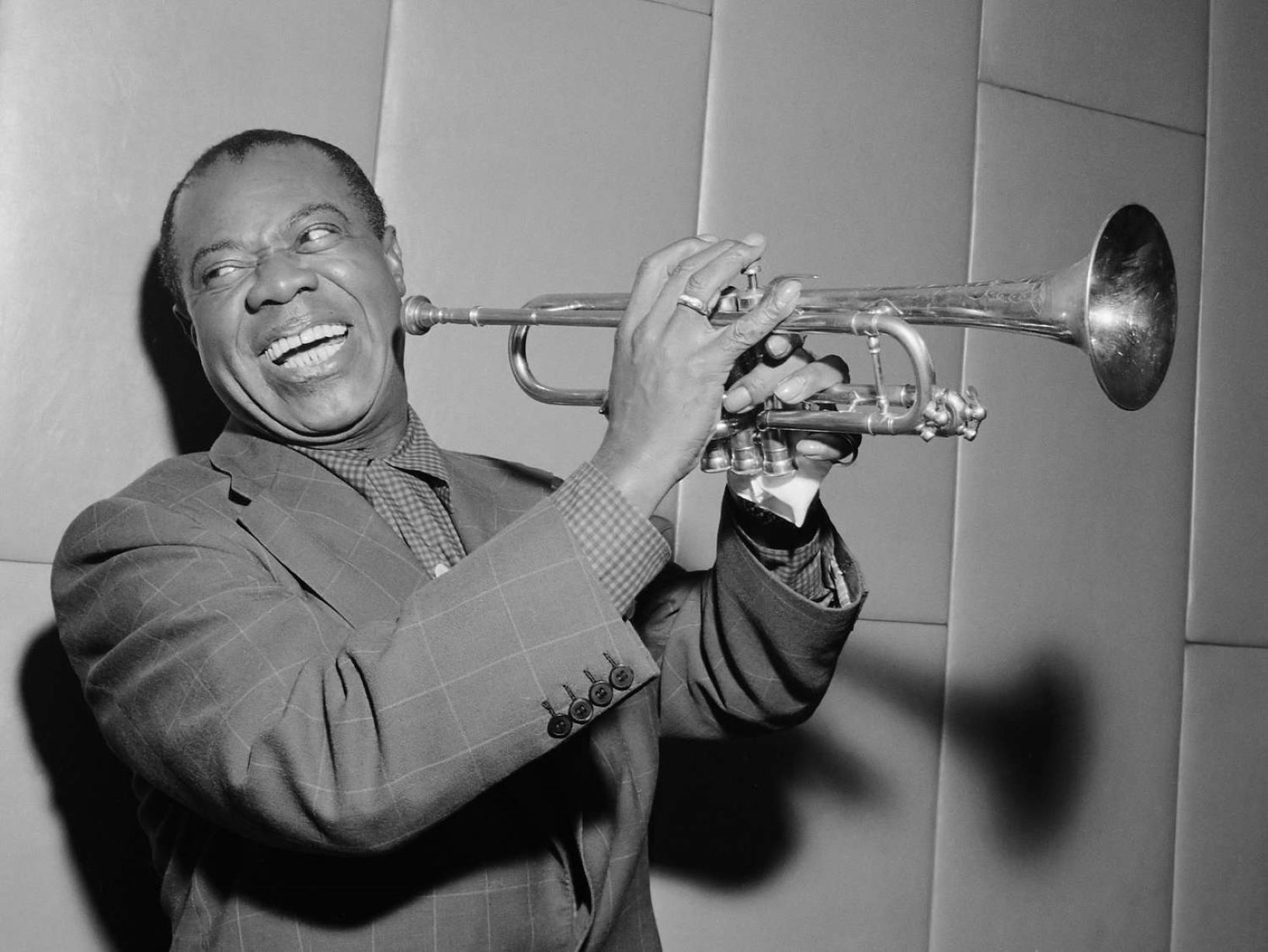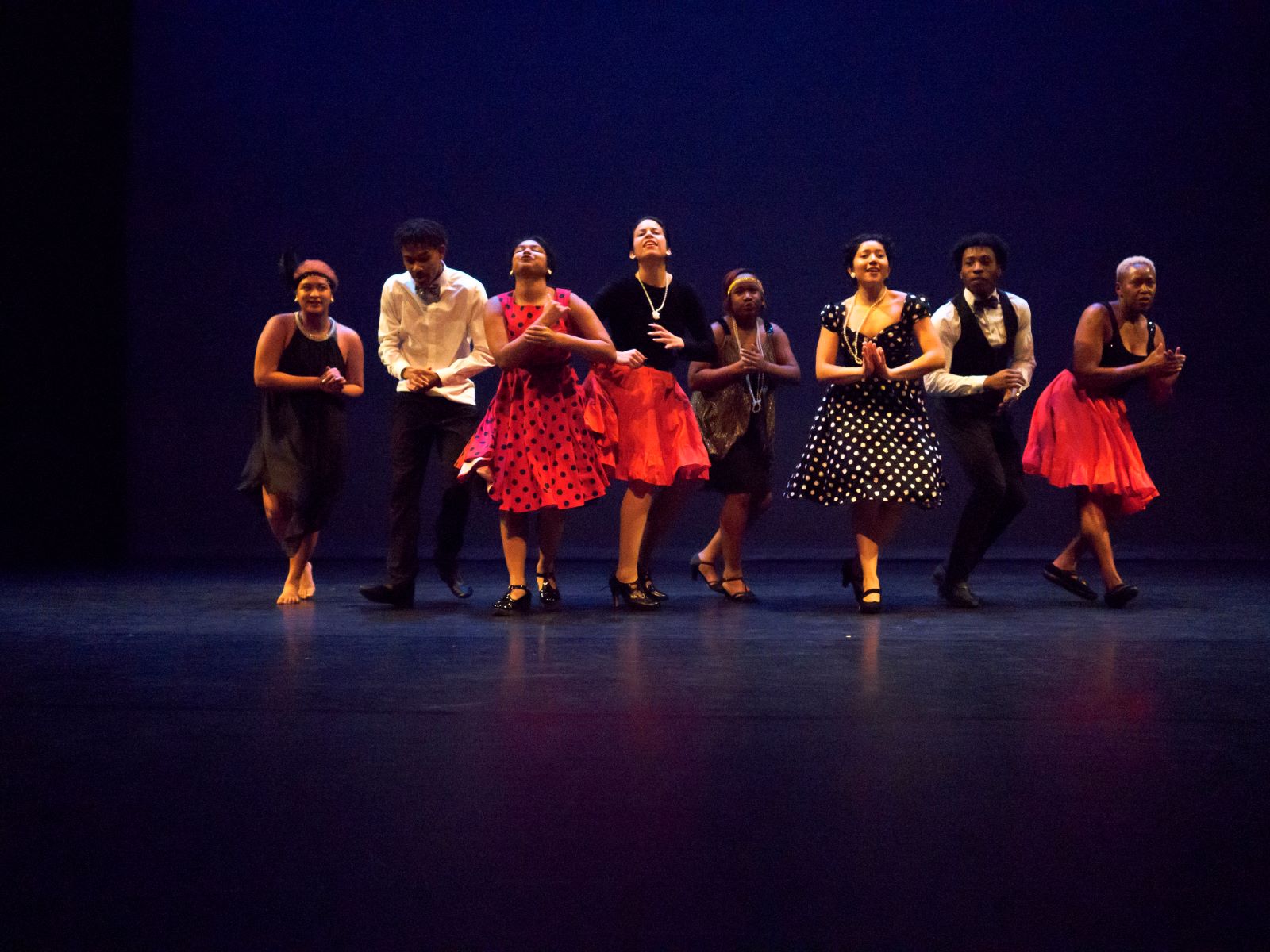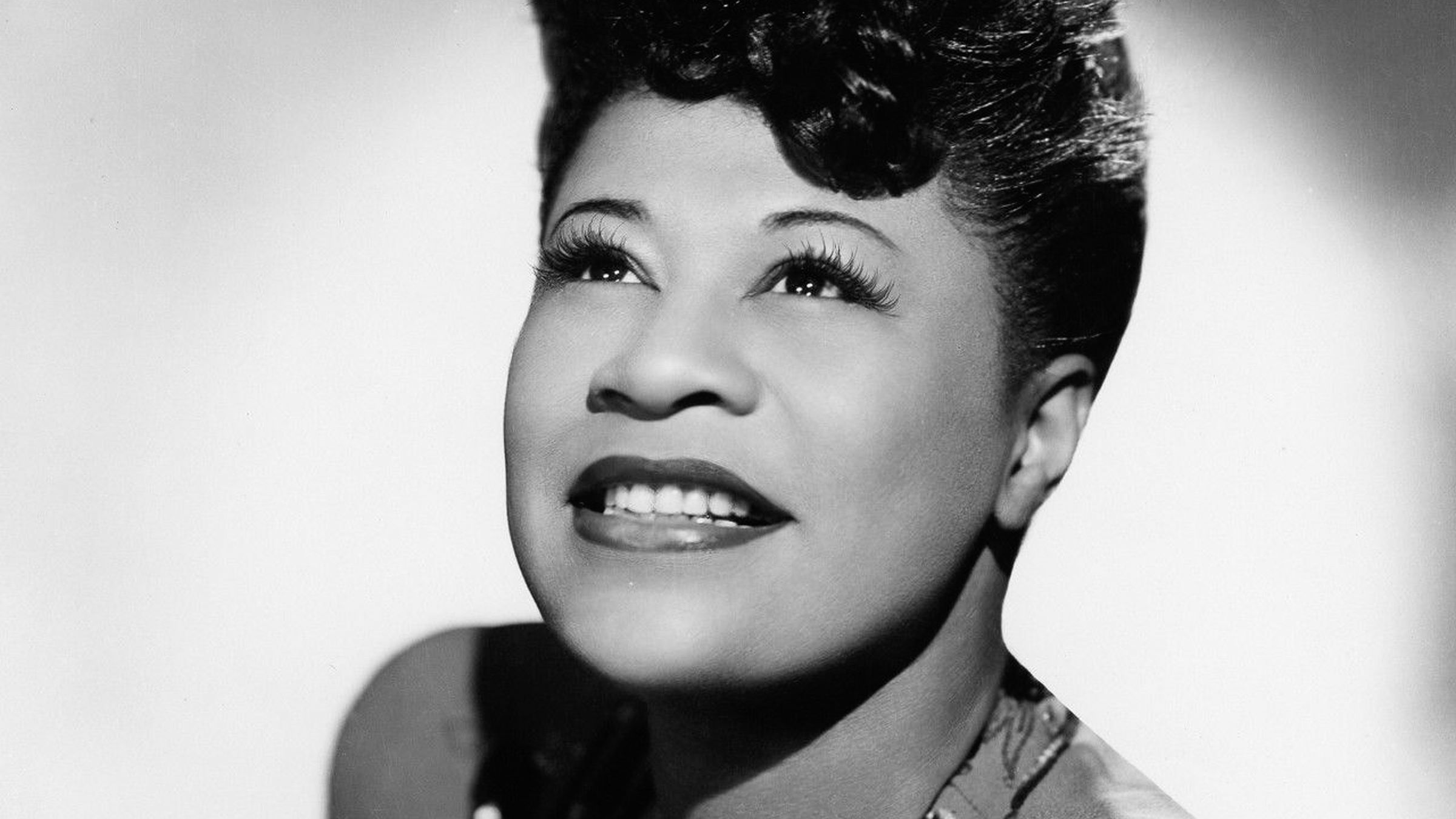

Jazz
Who Is Considered The Queen Of Jazz
Modified: January 22, 2024
Discover the legacy of the Queen of Jazz and her profound impact on the genre. Uncover the true essence of jazz through her timeless music and iconic performances.
(Many of the links in this article redirect to a specific reviewed product. Your purchase of these products through affiliate links helps to generate commission for AudioLover.com, at no extra cost. Learn more)
Table of Contents
Introduction
Jazz, often referred to as America’s classical music, is a genre that has captivated audiences worldwide with its unique blend of improvisation, syncopation, and soulful melodies. From its roots in African-American communities in the late 19th and early 20th centuries, jazz has evolved into a global phenomenon, influencing and being influenced by various music genres.
Throughout jazz’s rich history, there have been numerous talented musicians who have made significant contributions to the genre. Among these artists, there are a select few who have earned the rightful title of “Queen of Jazz.” These women not only showcased their exceptional vocal skills but also played a pivotal role in shaping and defining jazz as we know it today.
In this article, we will delve into the lives and legacies of some of the most influential and revered female jazz artists. From their early beginnings to their rise to stardom, we will explore the indelible impact they had on jazz music and why they are considered the queens of this beloved genre.
Join us on this musical journey as we pay homage to the pioneering women who brought their remarkable talents to the world of jazz, leaving an everlasting mark on its history and ensuring that their influence continues to resonate with audiences for generations to come.
Early Pioneers of Jazz
The roots of jazz can be traced back to the early 20th century, when African-American communities in cities like New Orleans and Chicago began to blend elements of African rhythms, blues, ragtime, and European musical traditions. This fusion of sounds gave birth to a new genre that would forever change the musical landscape.
During the early years of jazz, there were several influential musicians who helped shape and develop the genre. These early pioneers laid the foundation for future generations of jazz artists to build upon, paving the way for the queens of jazz to emerge.
One such pioneer was pianist and composer Jelly Roll Morton. Known for his virtuosic piano playing and innovative compositions, Morton played a crucial role in popularizing jazz during its formative years. His recordings, such as “Black Bottom Stomp” and “Jelly Roll Blues,” showcased his unique style and became a blueprint for other jazz musicians to follow.
Another key figure in the early jazz movement was trumpeter Louis Armstrong. With his powerful playing and distinctive gravelly voice, Armstrong revolutionized jazz improvisation and became one of the genre’s most influential figures. His iconic recordings, like “West End Blues” and “Potato Head Blues,” showcased his unprecedented talent and laid the groundwork for future jazz vocalists.
Clarinetist and bandleader Sidney Bechet was also instrumental in shaping the early jazz sound. With his soaring clarinet solos and dynamic stage presence, Bechet brought a new level of expression and emotion to the genre. His recordings, such as “Summertime” and “Blue Horizon,” showcased his virtuosity and helped establish the clarinet as a prominent instrument in jazz.
These early pioneers of jazz laid the groundwork for the genre’s evolution and set the stage for the emergence of the queens of jazz. Their groundbreaking contributions continue to be celebrated and revered to this day, reminding us of the rich history and enduring legacy of jazz music.
Bessie Smith: The Empress of the Blues
When it comes to the queens of jazz, one name stands out among the rest – Bessie Smith. Known as the Empress of the Blues, Smith was a trailblazing artist who achieved immense success and popularity during the 1920s and 1930s.
Born in Chattanooga, Tennessee, in 1894, Smith’s powerful and soulful voice made her a standout in the jazz and blues scene. With her deep, resonant voice and impeccable timing, she carved a niche for herself as one of the most influential and commercially successful blues singers of her time.
Smith’s recordings, such as “Downhearted Blues” and “St. Louis Blues,” showcased her unparalleled ability to convey raw emotion and tell captivating stories through her music. Her expressive and heartfelt performances resonated with audiences, earning her a dedicated following and solidifying her status as the Empress of the Blues.
Smith’s impact extended beyond her vocal abilities. She was a force to be reckoned with on stage, commanding attention with her bold and captivating presence. Her performances were filled with raw energy and her ability to connect with audiences was unparalleled.
As an African-American artist during a time of racial segregation, Smith faced many challenges and obstacles. However, her immense talent and determination allowed her to break down barriers and achieve widespread success in both the black and white communities.
Unfortunately, Smith’s life was tragically cut short in 1937 when she was killed in a car accident at the age of 43. However, her contributions to jazz and the blues continue to resonate to this day. Her music influenced countless artists who followed in her footsteps, and her legacy as the Empress of the Blues remains unmatched.
Bessie Smith’s powerful voice, emotive storytelling, and unwavering presence cemented her as a true queen of jazz. Her impact on the genre and her status as an icon of the blues will forever be remembered and celebrated, making her an enduring figure in the history of jazz music.
Ella Fitzgerald: The First Lady of Song
When it comes to jazz royalty, few artists are as revered and beloved as Ella Fitzgerald. Known as the First Lady of Song, Fitzgerald’s extraordinary vocal talent and impeccable improvisation skills solidified her as one of the greatest jazz singers of all time.
Born in 1917 in Newport News, Virginia, Fitzgerald’s journey to stardom was anything but easy. Orphaned at a young age, she faced numerous hardships throughout her early life. However, her remarkable voice and determination led her to a groundbreaking career in jazz.
Fitzgerald’s angelic and versatile voice allowed her to excel in a wide range of musical styles, from scat singing to ballads. Her smooth, velvety tone and precise intonation captivated audiences, earning her countless accolades and a devoted fan base.
One of Fitzgerald’s most iconic achievements was her series of recordings for Verve Records, known as the “Songbook” series. These albums featured Fitzgerald’s interpretations of songs by legendary composers such as Cole Porter, George Gershwin, and Irving Berlin. Her ability to bring new life to these classic tunes solidified her status as a jazz icon.
Not only was Fitzgerald known for her vocal prowess, but she was also a master of improvisation. She had the uncanny ability to effortlessly scat and improvise melodies on the spot, creating dazzling and intricate vocal performances that left audiences in awe.
Throughout her career, Fitzgerald collaborated with some of the most renowned jazz musicians of her time, including Duke Ellington, Louis Armstrong, and Count Basie. Her collaborations showcased her remarkable ability to blend her voice seamlessly with other instruments, creating magical and unforgettable musical moments.
Aside from her musical achievements, Fitzgerald was also a trailblazer for racial equality. In a time of racial segregation and discrimination, she broke down barriers and became one of the first African-American artists to achieve mainstream success and international acclaim.
Ella Fitzgerald’s extraordinary talent and groundbreaking achievements have solidified her as the First Lady of Song. Her contributions to jazz music, from her angelic voice to her masterful improvisation, continue to inspire and influence generations of musicians. Her legacy as a jazz icon and advocate for equality will forever be celebrated, cementing her as one of the true queens of jazz.
Billie Holiday: Lady Day
When it comes to the queens of jazz, one name that cannot be forgotten is Billie Holiday. Known affectionately as Lady Day, Holiday’s unique voice and emotive storytelling made her one of the most iconic and influential jazz singers of all time.
Born Eleanora Fagan in 1915 in Philadelphia, Pennsylvania, Holiday had a tumultuous early life. Despite facing numerous hardships and challenges, she found solace in music and developed a distinctive style that would set her apart from her contemporaries.
Holiday’s voice had a hauntingly beautiful quality – a blend of vulnerability, pain, and resilience. Her phrasing and delivery were incomparable, as she effortlessly infused each lyric with raw emotion, captivating listeners with every song she sang.
One of Holiday’s most notable achievements was her collaboration with jazz pianist and composer Teddy Wilson. Their recordings together, such as “What a Little Moonlight Can Do” and “Easy Living,” showcased their perfect musical chemistry and helped solidify her status as a jazz icon.
However, Holiday’s life was plagued by personal struggles and hardships, making her performances even more impassioned and poignant. Her rendition of the powerful anti-lynching song “Strange Fruit” became one of her signature songs and shed light on the racial injustices of the time.
Despite battling personal demons and facing legal troubles, Holiday’s talent remained undeniable. Her rendition of jazz standards like “God Bless the Child” and “Lover Man” continue to move audiences to this day, showcasing her unparalleled ability to connect with listeners on a deeply emotional level.
Not only was Holiday a remarkable vocalist, but she was also a talented songwriter. Her songwriting contributions, including “Fine and Mellow” and “Don’t Explain,” revealed her gift for crafting lyrics that resonated with authenticity and truth.
Billie Holiday’s impact on jazz and popular music cannot be overstated. Her ability to convey pain, joy, and resilience through her music touched the hearts of millions and left an indelible mark on the genre. Her tragic life and extraordinary talent solidify her status as one of the true queens of jazz, forever known as Lady Day.
Sarah Vaughan: The Divine One
When it comes to the queens of jazz, Sarah Vaughan, also known as the Divine One, stands out as one of the most versatile and accomplished vocalists in the history of the genre. With her incredible vocal range, control, and improvisational skills, Vaughan’s talent was unparalleled.
Born in 1924 in Newark, New Jersey, Vaughan began her musical journey at a young age, singing in church choirs and local clubs. Her early influences included jazz legends like Billie Holiday and Ella Fitzgerald, but Vaughan developed a style uniquely her own.
Vaughan’s voice was a true instrument, effortlessly moving from rich and resonant lows to soaring and agile highs. Her improvisational abilities were exceptional, and she had a knack for exploring the musical possibilities within each song, adding her signature twists and turns.
Throughout her career, Vaughan recorded a vast repertoire of songs, from jazz standards to pop ballads. Her interpretations of classics like “Misty,” “Lullaby of Birdland,” and “Summertime” showcased her masterful technique and emotional depth.
Not only was Vaughan an exceptional soloist, but she also collaborated with some of the best jazz musicians of her time, including trumpeter Clifford Brown and pianist Oscar Peterson. Her ability to blend seamlessly with other instruments and adapt to different musical styles further demonstrated her versatility.
Despite her vocal prowess, Vaughan remained humble and down to earth. She possessed a warmth and charm that endeared her to fans and colleagues alike. Her captivating stage presence and engaging personality made her performances unforgettable.
Vaughan’s influence extended beyond her impressive vocal abilities. She bridged the gap between jazz and pop music, expanding the genre’s appeal and reaching a wider audience. Her versatility allowed her to excel in various genres, including bebop, swing, and even opera.
Throughout her illustrious career, Vaughan received numerous accolades, including four Grammy Awards and induction into the Jazz Hall of Fame. Her contributions to jazz music continue to be celebrated, and her influence can be heard in the work of countless contemporary vocalists.
Sarah Vaughan, the Divine One, will forever be remembered for her incomparable talent, versatility, and captivating presence. Her legacy as one of the queens of jazz will continue to inspire and delight audiences for generations to come.
Nina Simone: The High Priestess of Soul
When it comes to the queens of jazz, there is one name that personifies strength, artistry, and a unique blend of genres – Nina Simone. Known as the High Priestess of Soul, Simone was a classically-trained pianist, vocalist, and civil rights activist whose music defied categorization.
Simone’s musical journey began early in her life when she was enrolled in a prestigious music school in her hometown of Tryon, North Carolina. She honed her skills as a classical pianist, but her love for jazz and blues led her to explore new territories and develop her own distinctive sound.
Simone’s voice was a force to be reckoned with – soulful, powerful, and filled with raw emotion. Her ability to convey a wide range of emotions through her music, from anguish and anger to love and hope, made her performances truly captivating.
As a songwriter, Simone expressed her political and social beliefs through her lyrics. Songs like “Mississippi Goddam” and “Four Women” addressed the racial inequalities and injustices of the time, solidifying her role as a voice for the Civil Rights Movement and earning her the admiration of activists and musicians alike.
In addition to her vocal and songwriting talents, Simone’s skills as a pianist were exceptional. Her unique approach blended elements of classical, jazz, and gospel, creating a distinct sound that set her apart from her contemporaries.
Simone’s versatility allowed her to effortlessly cross genres, incorporating elements of jazz, blues, soul, folk, and pop into her music. This fusion of styles not only showcased her artistic range but also introduced new audiences to the power and depth of her talent.
Despite facing challenges throughout her life, Simone’s influence and legacy continue to reverberate through generations of artists. Her songs have been covered by a diverse range of musicians, and her impact on genres as varied as rock, hip-hop, and R&B is undeniable.
Nina Simone’s legacy as the High Priestess of Soul is a testament to her artistry, activism, and unwavering commitment to using music as a force for change. Her voice and spirit continue to inspire and empower, reminding us of the profound impact that music can have on society.
Conclusion
Jazz, the unique and vibrant genre that it is, has been shaped and enriched by a lineage of remarkable women. From the Empress of the Blues, Bessie Smith, to the First Lady of Song, Ella Fitzgerald, the queens of jazz have left an indelible mark on the genre and the hearts of listeners worldwide.
These women not only possessed astonishing vocal abilities but also brought their distinct personalities, storytelling prowess, and improvisational skills to their music. Bessie Smith’s raw power and emotional delivery, Ella Fitzgerald’s versatility and flawless technique, Billie Holiday’s haunting and deeply heartfelt performances, Sarah Vaughan’s extraordinary control and range, and Nina Simone’s soul-stirring expression and fearless activism – each queen of jazz brought a unique flavor and contributed to the ever-evolving landscape of jazz.
These exceptional artists not only pioneered new styles and techniques but also challenged societal norms and fought for equality through their music. They broke down racial barriers, carved their own paths in a male-dominated industry, and left lasting legacies that continue to inspire generations of musicians and fans.
From their early beginnings as pioneers of jazz to their enduring influence in contemporary music, the queens of jazz have shaped the genre into what it is today. Their innovative spirit, incredible talent, and unwavering passion have solidified their place in the pantheon of jazz greatness.
As we reflect upon the contributions of these remarkable women, we are reminded of the transformative power of music. Their voices continue to resonate, their stories still resonate, and their impact will forever be felt. The queens of jazz have left an incredible legacy, and their influence will continue to inspire and ignite the hearts of jazz enthusiasts for years to come.


